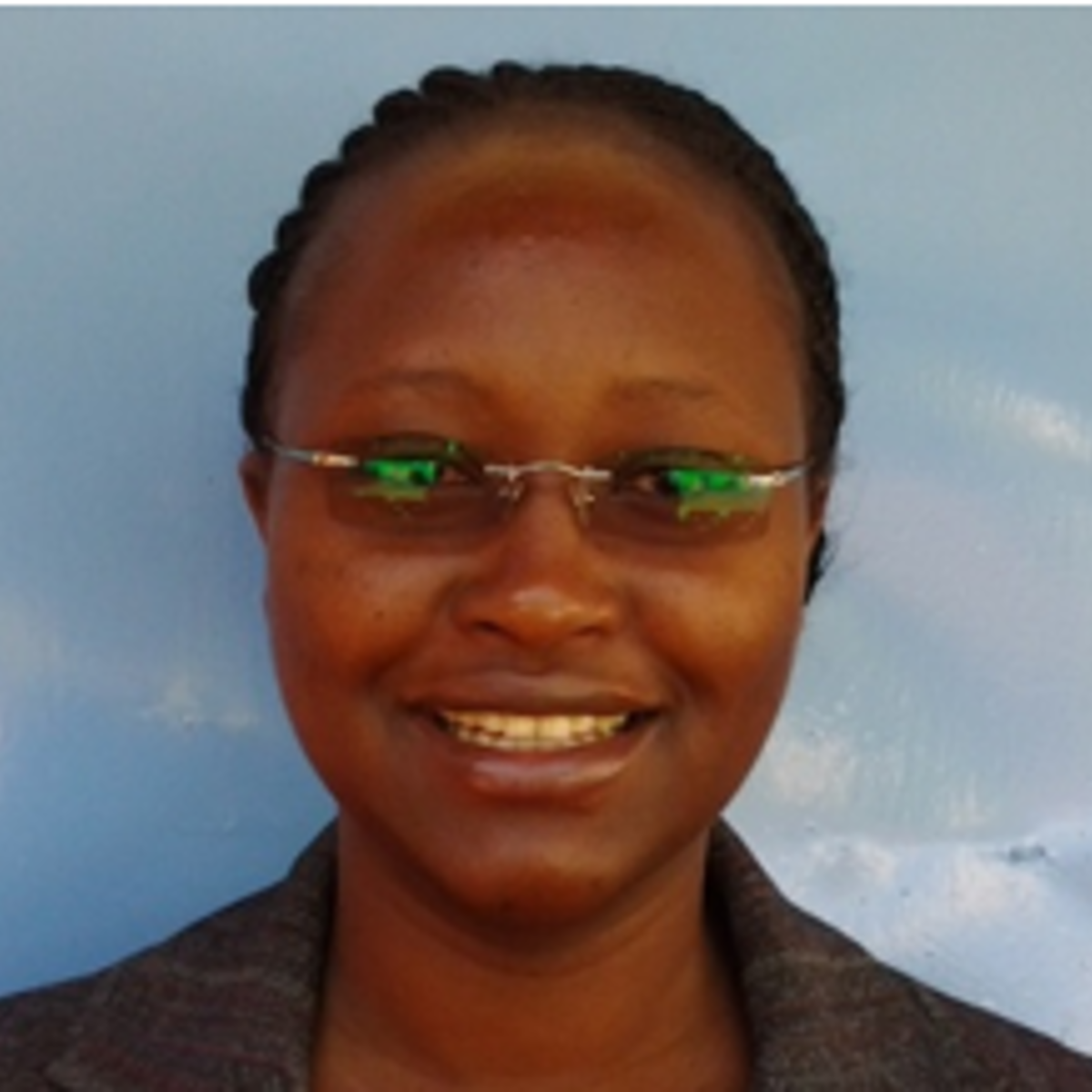

Dr. Hannah Karuri
Cohort 1 CIRCLE Fellow
The Climate Impacts Research Capacity and Leadership Enhancement (CIRCLE) programme is an initiative of the UK’s Department for International Development (DFID). Managed by the Association of Commonwealth Universities (ACU), the programme is a response to the shortage of local scientists contributing to knowledge on the impacts of climate change on local development in sub-Saharan Africa. Maximising the potential impact of the research conducted under CIRCLE has been a key priority for the programme, leading to the launch of the CIRCLE Research Uptake Fund. This fund has been designed to provide financial support to fellows to enable them to conduct activities related to ensuring their research reaches potential users and other stakeholders.
My research activities under CIRCLE are on climate change, plant- parasitic nematodes (PPN) and smallholder agriculture. Plant-parasitic nematodes are microscopic worms that feed on plant parts and are a major constraint to crop production. Development, lifecycle, infectivity, geographical distribution and abundance of PPN is affected by changes in temperature and moisture. This is due to the fact that PPN growth and reproduction is directly related to these environmental factors. Climate change may result in an increase in PPN abundance and an expansion of the geographical distribution range which may have a detrimental impact on crop production in Kenya.
Smallholder farmers are not aware of the impact of PPN on crops due to the fact that, PPN are microscopic and the symptoms that they cause are often confused with nutrient deficiency and other abiotic stresses. Therefore, my activities under the CIRCLE Research Uptake Fund involved training farming communities in Embu and Mwea regions of Kenya on PPN and farming techniques that can be used to reduce PPN population in crop fields. Through collaboration with local and national agricultural institutions, groups of smallholders were trained on use of low cost PPN management techniques such as planting nematode resistant crop varieties, application of organic manure and intercropping. These techniques had been previously tested and proven to be more sustainable and cost effective compared to application of nematicides. The farming techniques will reduce damage caused by PPN and subsequent crop yield losses, thereby improving smallholders’ livelihoods. Since nematode damage affects the quality of some crops such as sweet potato, reducing PPN will also improve quality of marketable roots.
Farming communities were also sensitized on the future impact of climate change on abundance and distribution of nematodes and the predicted effect on yields. Demystifying climate change to smallholders is a challenge due to the strong influence of traditional and religious beliefs. Through the research uptake fund, information on climate change and its impact on agriculture was provided to smallholders in Mwea and Embu through reading materials that were written in a language that was simple and clear. Training of smallholders on low cost nematode management techniques will be done in other Kenyan regions as follow-up activities in order to sustain the farming practices that were introduced to smallholders in the two regions.
This article has been re-posted from the ACU CIRCLE Blog. The original entry was published February 28, 2020.
